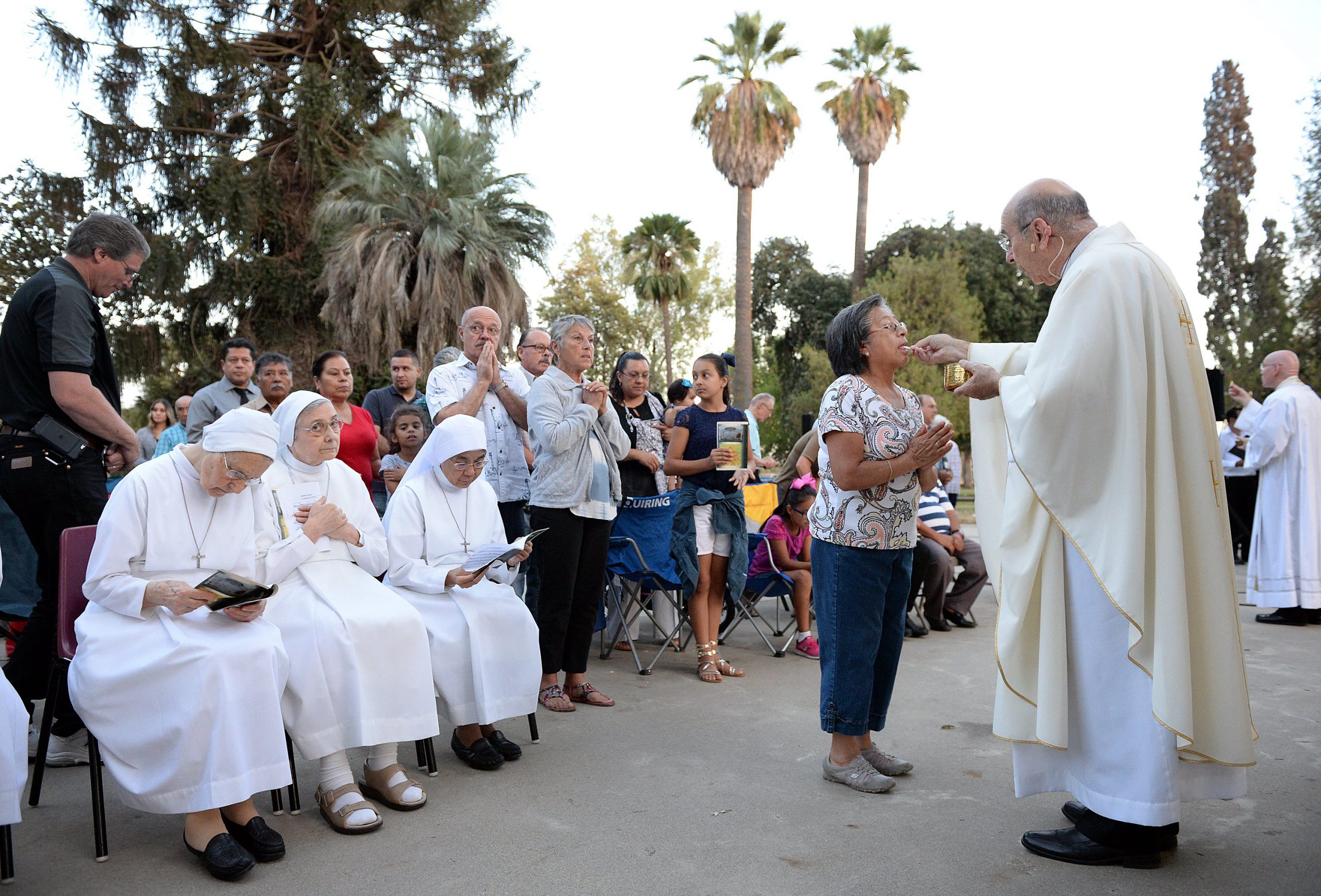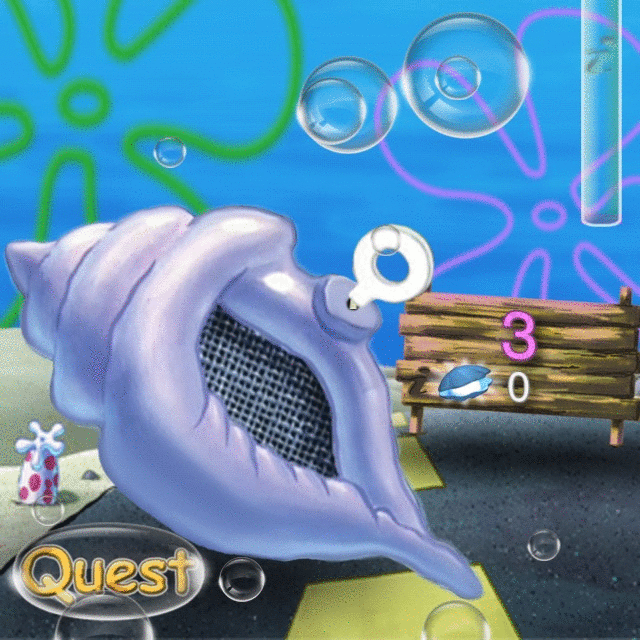I was recently cooking dinner in the community kitchen in my dorm, when a girl walked in, giving me a face of confusion. She said she was surprised at the fact I knew how to cook something other than beans. You should’ve seen the look on her face when I told her I didn’t even like beans.
She asked, “But aren’t you Mexican?”
She assumed because I am a Latina, I didn’t know how to cook anything that wasn’t Mexican food. This offended me and led me to question, is Dixie State University watering down diversity?
While resources like the Multicultural Inclusion Center exist, I still find myself running into staff and students who are unaware of cultural differences.
I cannot tell you how many times I have felt out of place at DSU because I am not a Latter-day Saint.
Unfortunately, I am not the only one who feels this way. In a poll I conducted of students in the cafe, five out of seven interviewed said they felt out of place at DSU in relation to their religious beliefs and cultures.
One religious tradition I participate in every year is Ash Wednesday. Ash Wednesday is a day of fasting celebrated by Christians where their foreheads are marked with ashes, marking 46 days until Easter. On this day last year, I walked to and from classes with ashes on my forehead while receiving many dirty looks. It was as if I was being shamed for being Catholic.
Through the rest of that day, I found people asking me, “You do know that you have black stuff on your forehead, right?”
Some DSU employees and classmates even tried to wipe the ashes off.
DSU is not doing anything to teach students, and especially faculty members, of the cultural differences.
Rather than offend their students, some cultural training among the faculty should be put into place in order to decrease the cultural shock some students experience coming to DSU.
Every year the MIC puts together a Miss Native Dixie Pageant. This pageant is a spin-off of the traditional Miss Dixie Pageant.
I have always appreciated the MIC was inviting those of native heritage to compete for the title of Miss Native Dixie, but what about international students and the other underrepresented cultures on campus?
While there is an International Miss Dixie Pageant, it is a problem the winners are not put on the same pedestal traditional winners are.
The winner of the Miss Dixie Pageant gets her photo hung in the Kenneth N. Gardner Center, whereas the International and Native Miss Dixie winners get no picture. Why is this?
When the MIC hosted the Miss Native Dixie Pageant there were seven contestants whereas the traditional pageant included 23. It seems to me that the MIC events are underrepresented through the student association, and this is a problem.
Diversity to me means difference — it is the ability to accept others for who they are. While I am hopeful for DSU’s future and its outlook on diversity, nothing will ever change unless we are able to look at others and accept them for what makes them different.



